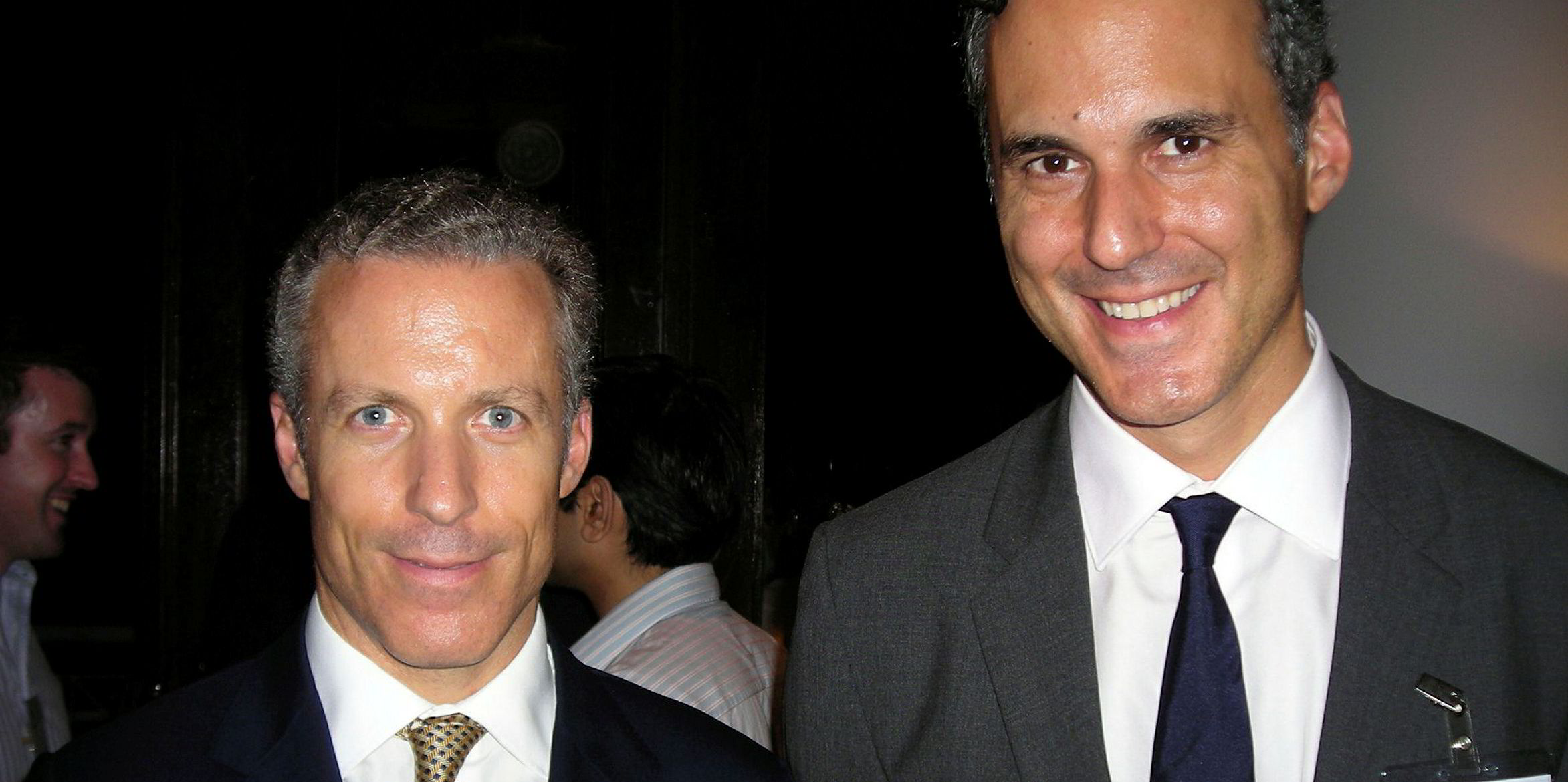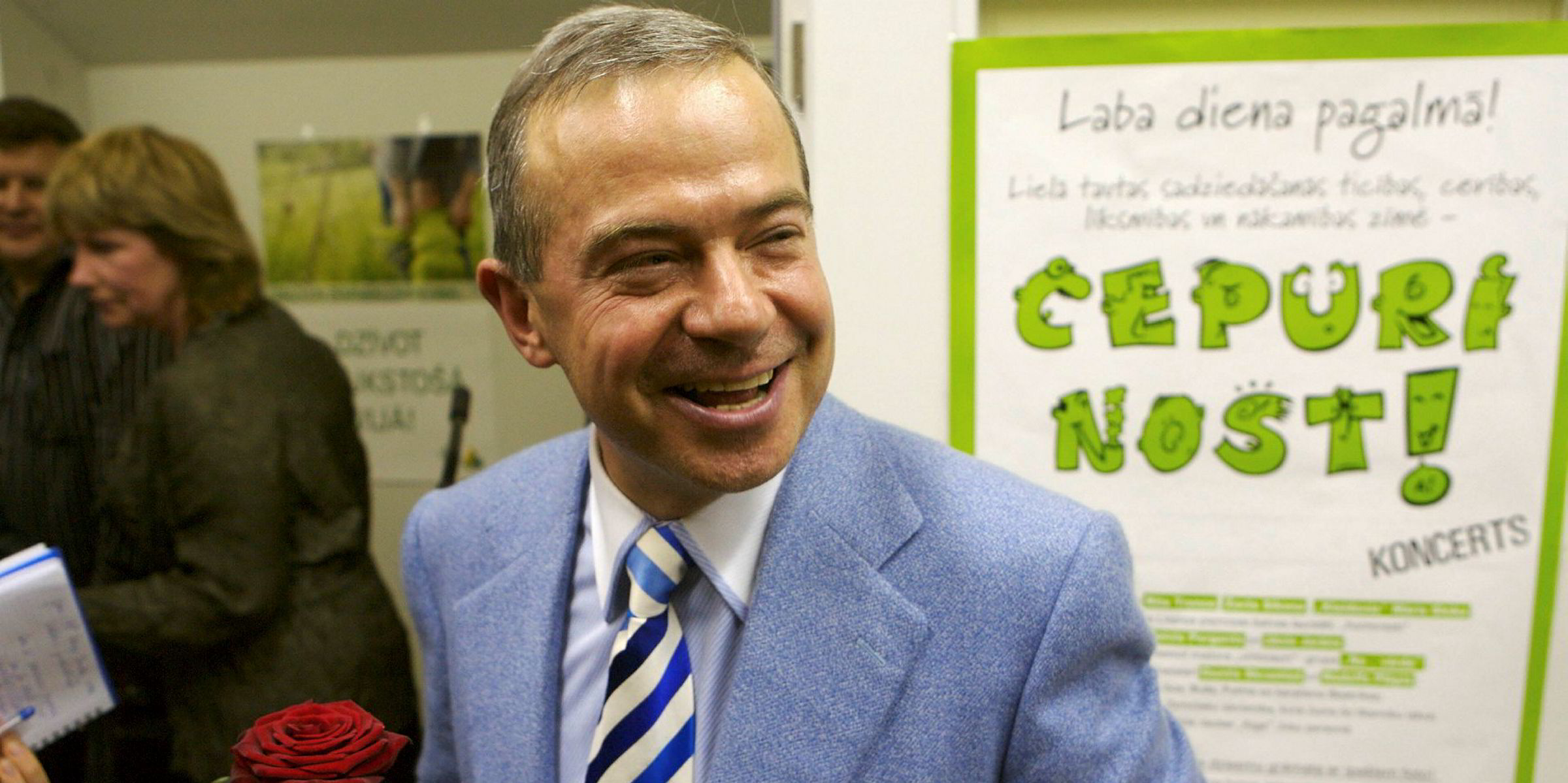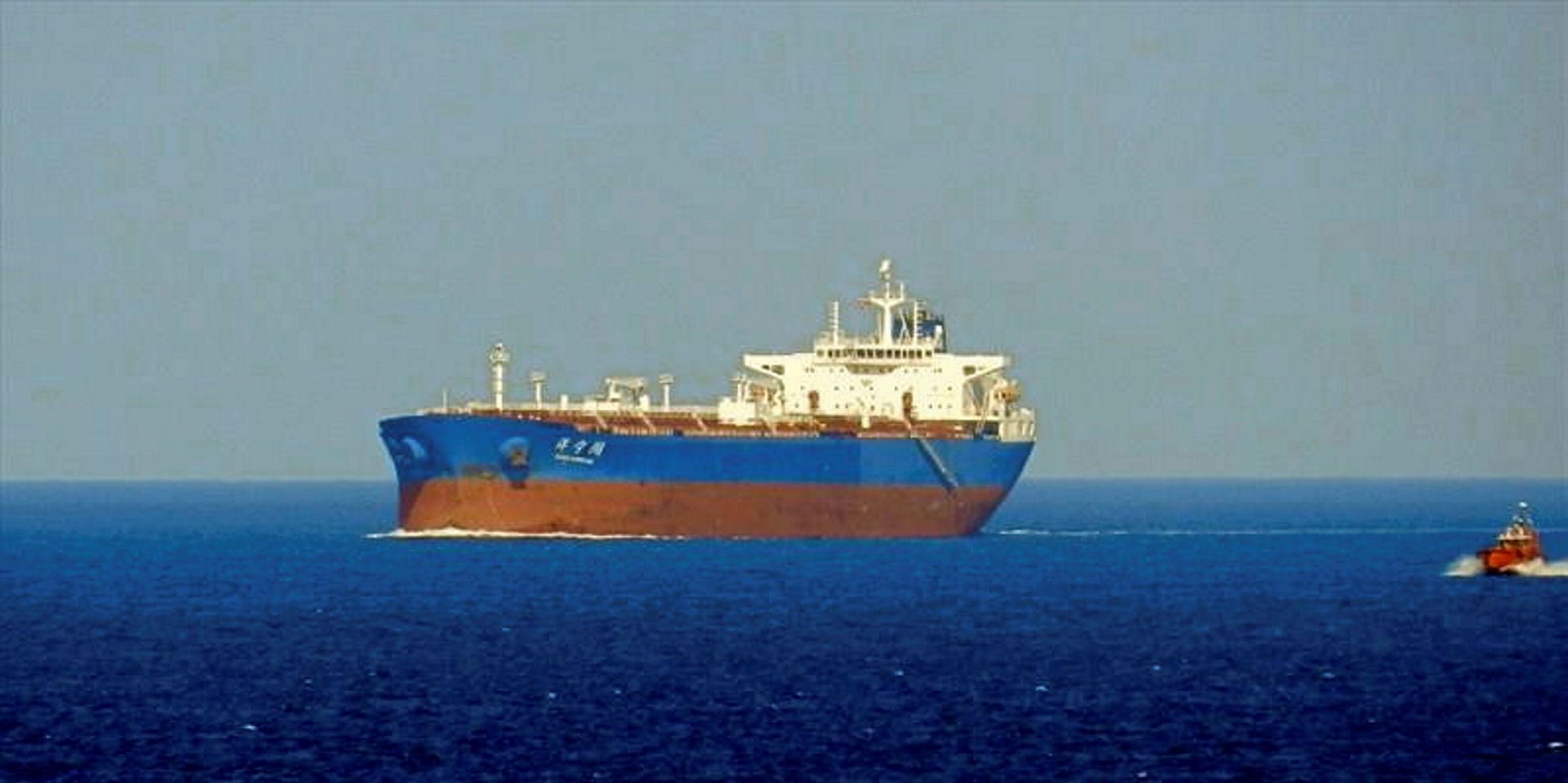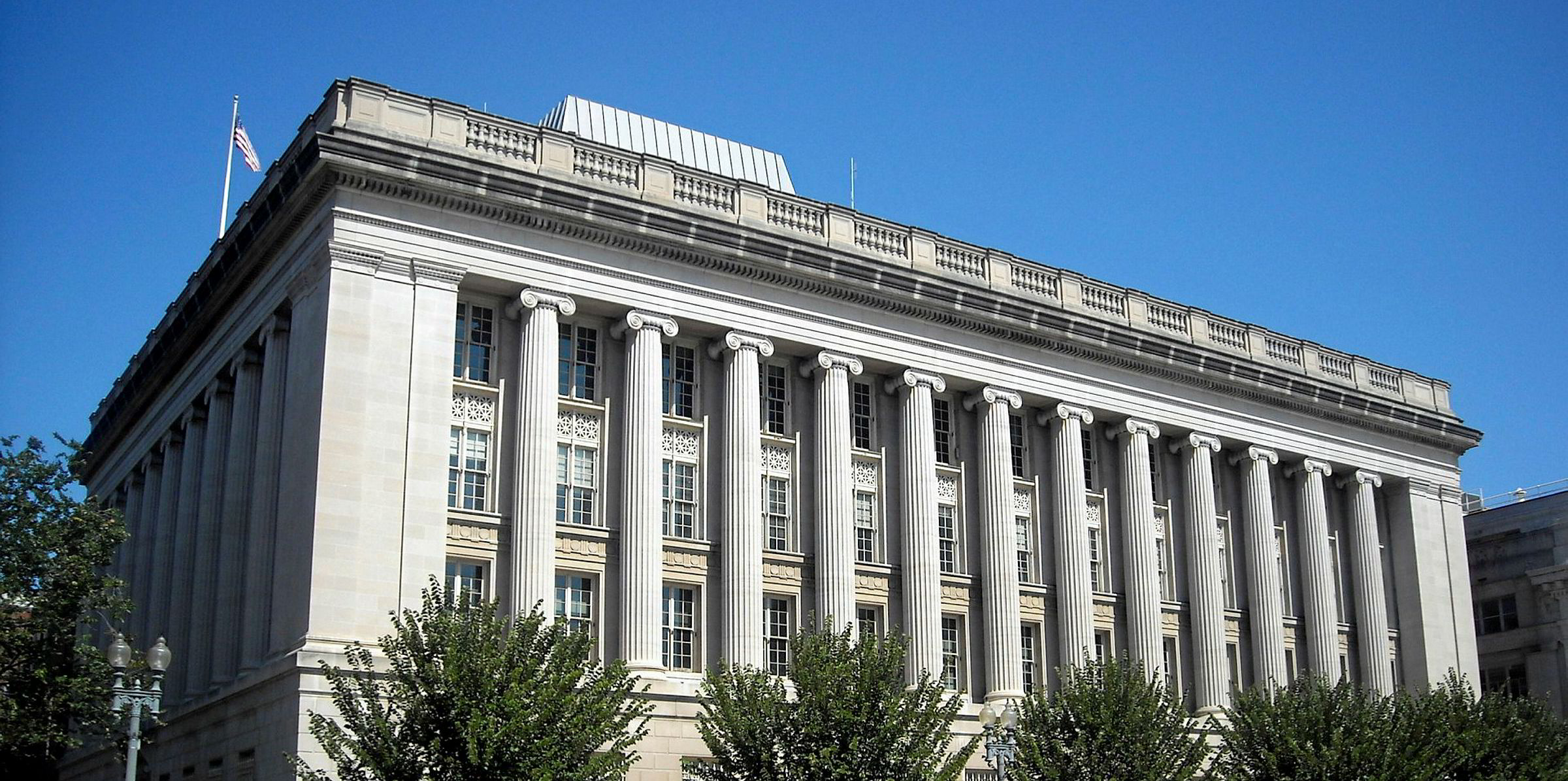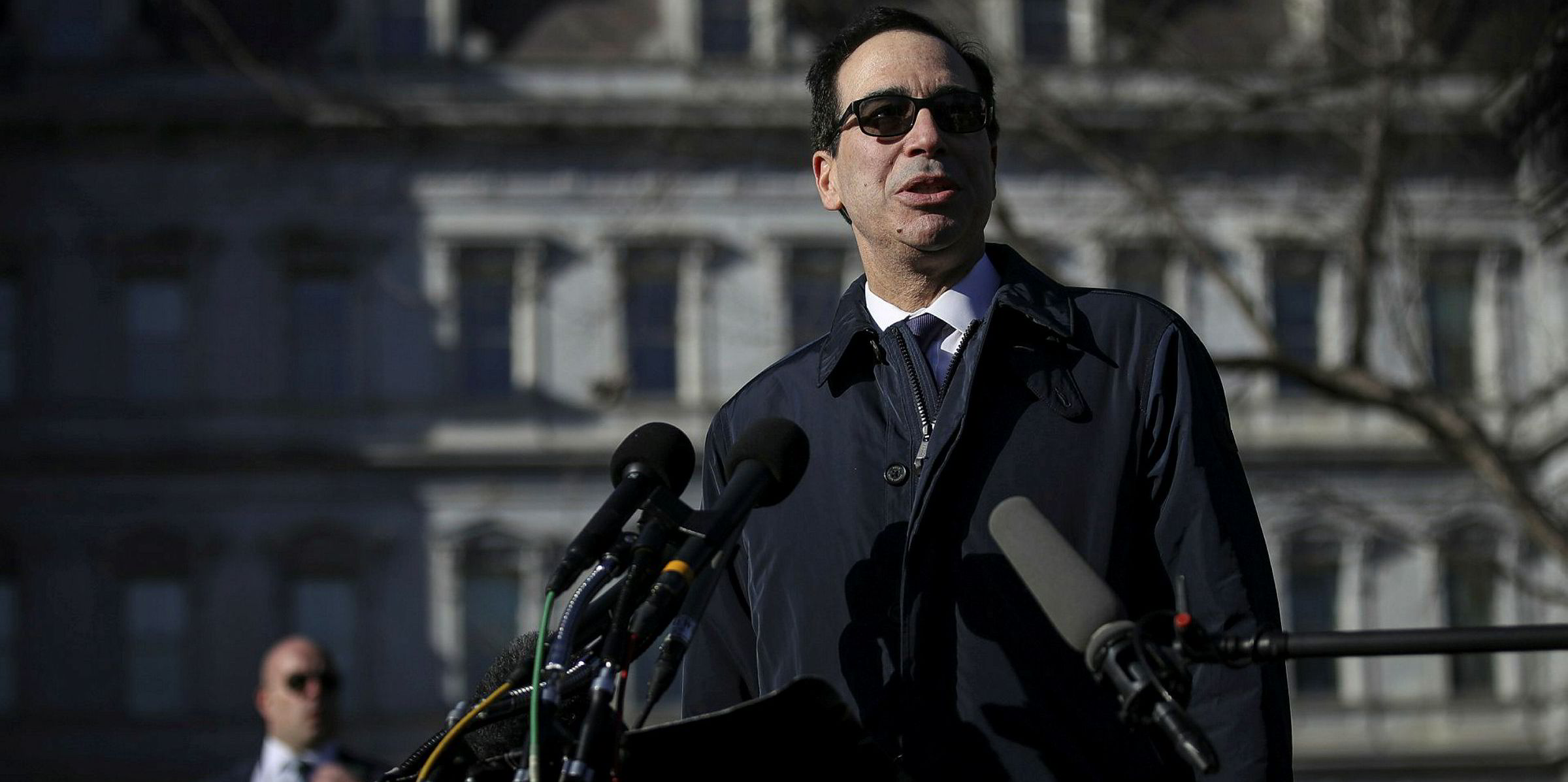Eagle Bulk Shipping has agreed to pay $1.1m to the US government to settle its potential civil liability for trading with a banned Burmese national.
The infractions took place while operating under the company's previous management team between 2011 and 2014.
Eagle Bulk's current management mitigated prospects of a larger penalty by detecting and reporting the violation, cooperating with investigators and setting in place remedial programmes to prevent recurrences, according to a statement today from the US Department of the Treasury's Office of Foreign Assets Control (Ofac).
“We are pleased to have successfully resolved this matter and that the company can put this legacy issue behind it," Eagle Bulk chief executive Gary Vogel said in a message to TradeWinds.
"Eagle Bulk is committed to observing all regulations — those set forth by Ofac and otherwise — as well as upholding the highest compliance and corporate governance standards.”
The government points the finger at Alexis Zoullas, the former president of subsidiary Eagle Shipping International. Ofac statements indicate that he contributed to some of the violations by allegedly failing to pass along to others within the company Ofac's October 2012 letter denying requested permission for further trades with banned Myawaddy Trading.
Of the 36 prohibited cargoes, Ofac said 33 happened after this point.
Zoullas has not worked for Eagle Bulk since April 2015 and his current contact information could not be ascertained before TradeWinds' deadline. Alexis is the brother of former Eagle Bulk chief executive Sophocles Zoullas.
An email to Sophocles Zoullas was not immediately returned.
Ofac said the 36 reported violations involved shipping of sand from Burma to Singapore for a land reclamation project that benefited Myawaddy.
In June 2011, Eagle Bulk entered a charter with a sand buyer in Singapore to carry cargoes from Kawthaung, Burma. Documents for the initial voyage named Myawaddy as the shipper, raising concerns from Eagle Bulk management based on the Ofac ban, the US government states.
The Singaporean sand buyer then submitted revised documents that showed an alternative shipper. However, an Eagle Bulk captain baulked at signing because additional documents still showed Myawaddy as the shipper.
More documents were then revised to show the alternative shipper. However, the captain still protested, warning Eagle Bulk officials that the alternative entity did not sell sand in the region and that only Myawaddy had a contract with the Burmese government.
At that point, the Singaporean recipient warned Eagle Bulk of repercussions from the Burmese government, which confiscated crew passports and refused to clear the Eagle Bulk vessel for departure.
Eagle Bulk then applied for an Ofac waiver. But before getting a response, Eagle Bulk signed the shipping documents citing "crew safety" concerns — and the vessel departed Burma for Singapore.
In May 2012, Eagle Bulk again applied to Ofac for a licence allowing further cargoes. Ofac denied the application in October 2012. Alexis Zoullas received the denial letter from Eagle Bulk's outside counsel but allegedly failed to forward it to others at the company, Ofac said.
Alexis Zoullas is not identified by name in the Ofac statements. However, he was the president of Eagle Shipping International — which provided management services to Eagle Bulk — according to publicly filed documents from that time.
The same person is identified as the chief operating officer of Eagle Bulk at the time. Alexis Zoullas also held that title, according to public documents.
Between May and October 2012, Eagle Bulk continued transporting sand from Burma to Singapore without Ofac authorisation, the US government said. It also continued cargoes after receiving the Ofac denial up to December 2014, the documents said.
Four of the 36 voyages were performed by a company affiliated with Sophocles Zoullas, the US government said.
After a Chapter 11 bankruptcy reorganisation, both of the Zoullas brothers parted ways with Eagle Bulk in 2015 and Vogel came in as the new chief executive.
At that point, documents indicate that the new management detected the potential Burma issue and reported it to Ofac.
